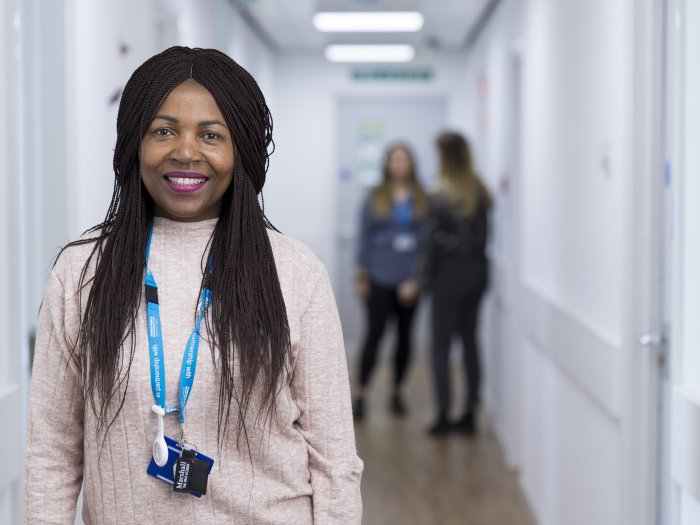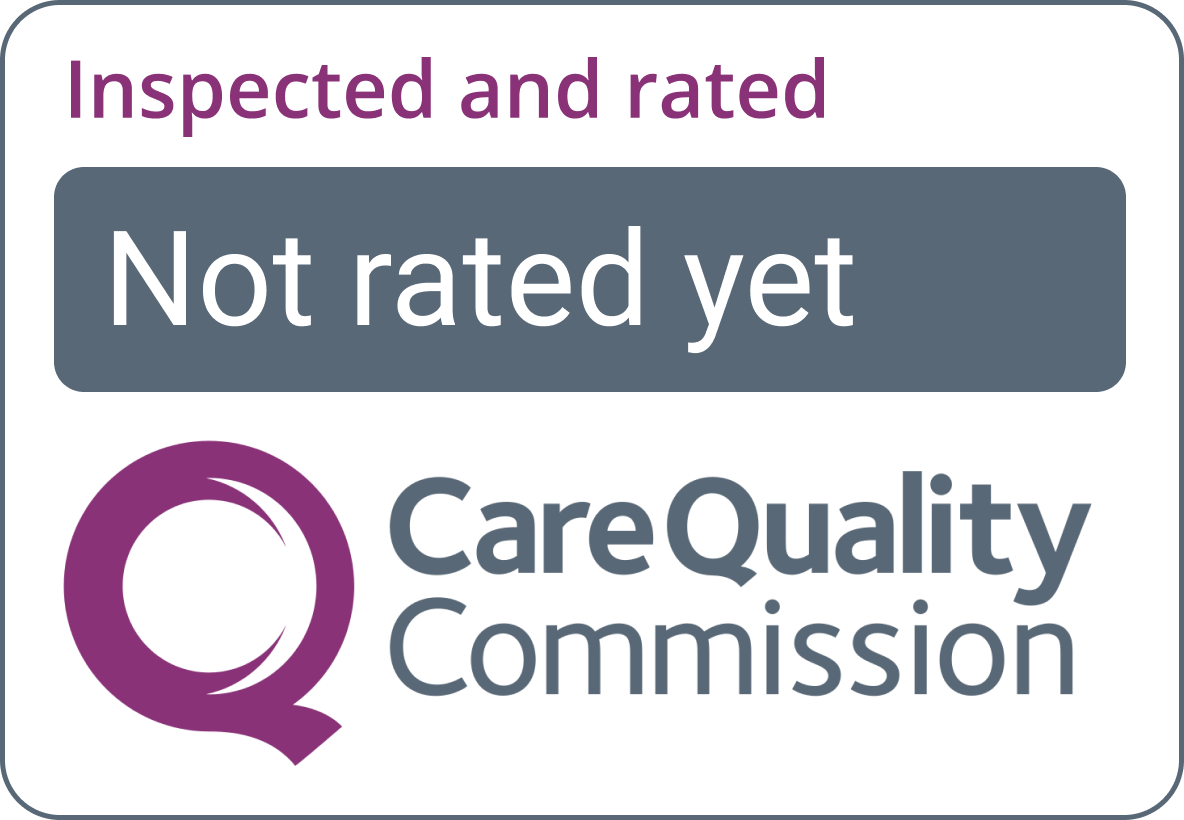The Sheffield Community Brain Injury Rehabilitation Team (SCBIRT) is a specialist community team working with people in Sheffield who have had a traumatic or acquired brain injury.
We understand how big an impact a brain injury can have, and we ensure that carers, family and loved ones have all the support they need to look after themselves too.
Our aim is to help our service users to lead a life that is as full and independent as possible, and achieve their aims in life.
That means working with our service users to achieve a quality of life that is satisfying and meaningful to them.
We work with service users to help re-establish themselves back into their community after a brain injury or a minor head injury, and build a support network around them.
Your appointments with us may be at the Long Term Neurological Conditions Building in Upperthorpe. The team also work with people directly in the community, in their homes, place of work or study or in local leisure facilities. Appointments are also being offered via video consultation and telephone calls
Our team includes a range of specialists who all have experience supporting people with brain injuries, including Physiotherapists, Occupational Therapists, Speech and Language Therapists, Specialist Therapy Assistants and a Clinical Psychologist.

